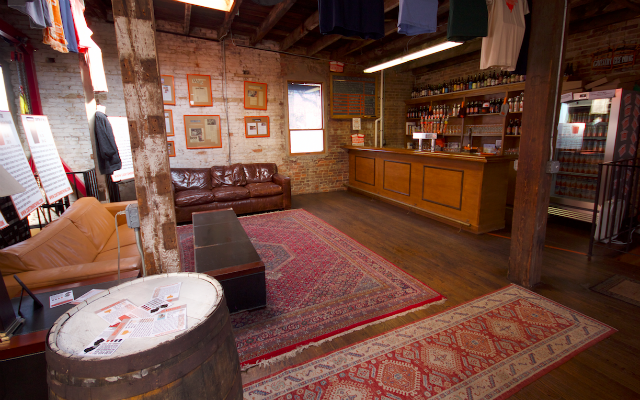
The rise of the taproom culture has shown that consumers can really take a shine to breweries that tout locality, freshness and innovation without being a national player in craft beer.
The majority of the 5,000-plus breweries in America today live off those concepts. But can it be profitable? Can staying within a taproom with limited or no distribution work?
It can, if you define profitable the way you want to define it. It can mean making enough to make more beer, pay employees and keep the lights on. It can mean making enough for expansion. Or it can mean “being comfortable,” which is where many like to say they are close to or at.
“It can work with a strong “own-premise” model and plenty of capital to work with, but it takes time,” said Fargo Brewing’s Aaron Hill. “Now, more than ever, local/regional will be the strongest markets for breweries.”
Regional is as big as Carton Brewing hopes to be, said co-founder Augie Carton.
“You can do that in a region with so many people,” he said about his New Jersey-based facility. “We are trying to make unique small thoughtful beers’ so far that path is best suited to finding more of our neighbors to participate in the conversation rather than vie for the attention of distant people that haven’t even gotten fully conversational with their own local brewer.
“Things are growing, we are happy to grow along.”
Clark Lewey of Iowa’s Toppling Goliath doesn’t feel that staying small is the way to go and eventual expansion is the way to profit. The brewery partnered with Florida’s Brew Hub to produce more beer in 2015 to help expand the brewery’s top brands.
“It is a good way to start your brands for testing the local market,” he noted, “however, [it’s] very hard to be sustainably profitable.”
For New York’s Sloop Brewing, co-founder Adam Watson said the plan has been to start local. That led to moving the mostly production brewery into a little wider berth of territory once the brewery established that market.
“That’s what’s working for us but every business is different,” he said. “Our tasting room is a nice thing to have.”
In Austin, Texas, Jester King’s beer doesn’t leave unless it’s bought by consumers and taken out. That has worked for co-founder Jeffrey Stuffings.
“If you have beer and/or a location that’s unique and relevant, people will visit and embrace it,” he said. “I have no desire to try and fight the shelf space and tap handle wars.”


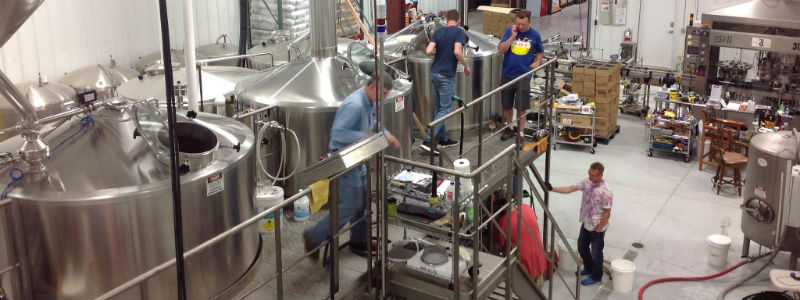

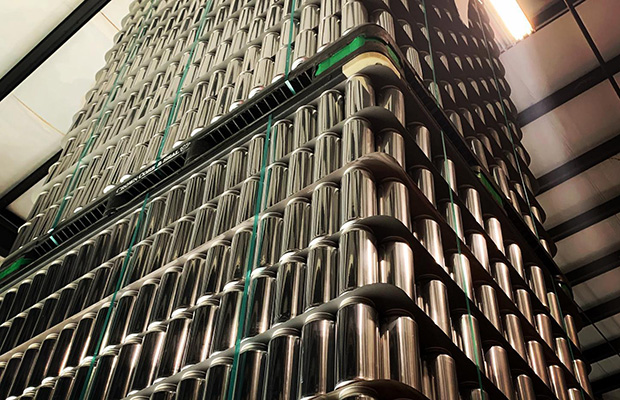
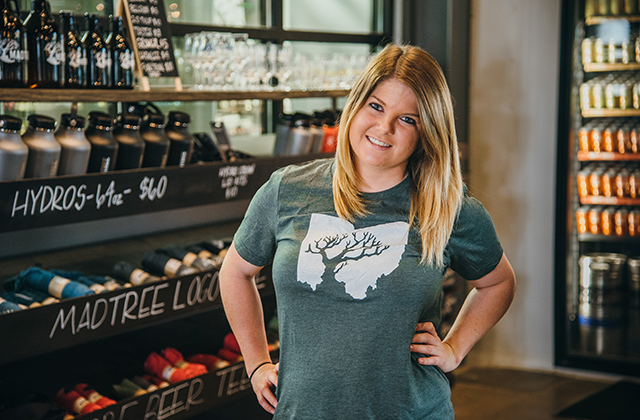
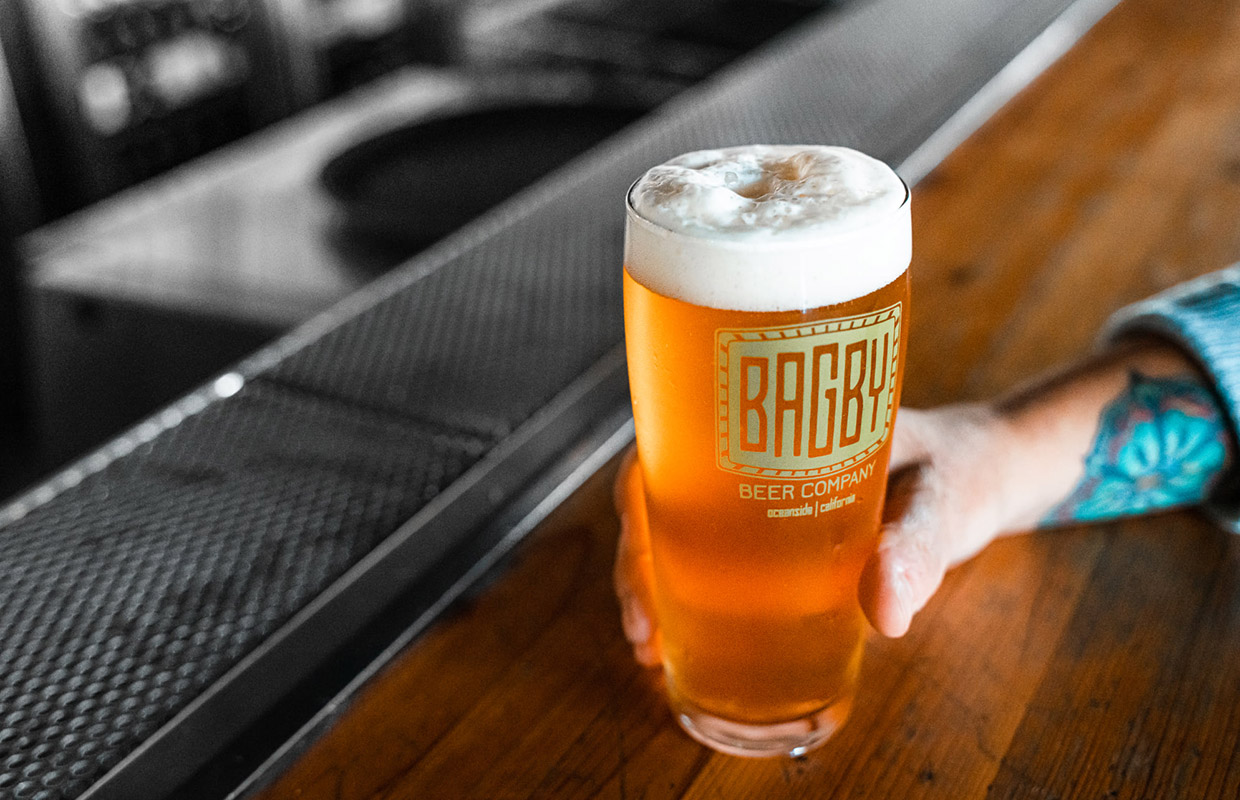
Be the first to comment